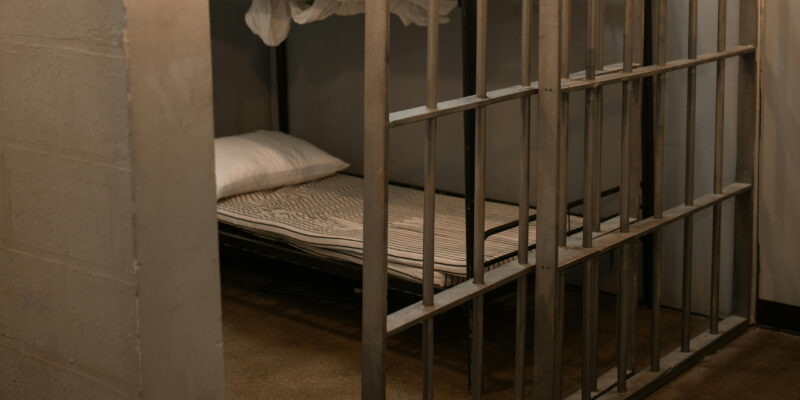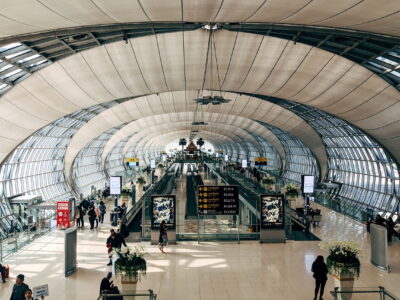GHRD Research Team

RDNE Stock project, November 25, 2020
The Japanese criminal justice system is about to be transformed following international criticism of some of its practices that violate the basic human rights of the convicted. The right to a fair trial and the presence of an attorney are among the most awaited changes.
After the acquittal of a man sitting on death row for decades, there is international demand for a thorough reform of the Japanese criminal justice system. The man who was acquitted in January 2025, Iwao Hakamata, now 88 years old, was arrested in 1966 and charged with the murder of a family of four. After a coerced confession, he sat on death row for more than 50 years before being found innocent on retrial in 2024.
Mr. Hakamata’s story inspired a report from Human Rights Watch that describes how Japan’s criminal justice system is based on the concept of “hostage justice”. Accordingly, in Japan, anyone who is charged with a crime is subjected to lengthy pre-trial detention, several rounds of interrogation without a lawyer, and manipulation and intimidation techniques that frequently force them to confess even if they are innocent.Moreover, the report describes the Japanese retrial system as dysfunctional, making it harder for those who were unfairly arrested to be released.
According to Kanae Doi, Japan director at Human Rights Watch, Hakamata’s release should serve as a reminder for the Japanese government to end the system of “hostage justice” and capital punishment.
The system of “hostage justice” represents a serious violation of human rights perpetrated by the Japanese government. Several families who experienced this kind of violation have recently addressed the issue to international media channels such as Human Rights Watch.
Human Rights Watch reported some examples of this situation, such as the case of the Nakamura family, in which Mr. Nakamura, arrested for tax fraud, got sick with pancreatic cancer while in detention and despite his lawyer’s requests for bail, was kept in prison until he died while waiting for the decision on his second appeal. The Human Rights Watch describe the laws regulating the criminal justice system as systematically violating the rights of the accused person.
The problem of wrongful detention is deeply rooted in Japanese society. Although they are protected internationally and by the 1946 Japanese Constitution, the rights to due process and a fair trial are violated through unfair practices, such as the constant denial of bail, questioning of detainees without legal assistance, and mistreatment inside police stations.
The Japanese criminal justice system differs a lot from those of Western societies, and some of its practices are direct human rights violations. For instance, in Japan, police custody is limited to 23 days, while in countries like France, it is limited to 144 hours. For this reason, the Japanese government has been urged to take wide-ranging reforms to ensure detainees enjoy basic human rights.
As a counterargument, the Japanese Government underlines how the country’s criminal justice system was already modified in the past with the introduction, for instance, of popular juries in 2009. Additionally, as the justice system currently in place seems to be working, with a reduction in crime rate and a reduction of criminals punished with the death penalty, the Government does not require any necessary changes.
The violations of the right to fair trial committed by the Japanese criminal justice system are serious, but the country is willing to change, as demonstrated by the Japan Federation of Bar Associations. In particular, the Association has brought forward some ideas to reform and improve the criminal justice system. These ideas include video recordings of interrogation sessions, the creation of appropriate detention centres where defendants can wait before their indictment, and ensuring the presence of an attorney for every accused.
Sources and Further Readings:
Coerced confessions and 23-day police custody: Japan’s criminal justice system struggles to change
Reform of the criminal justice system








Comments